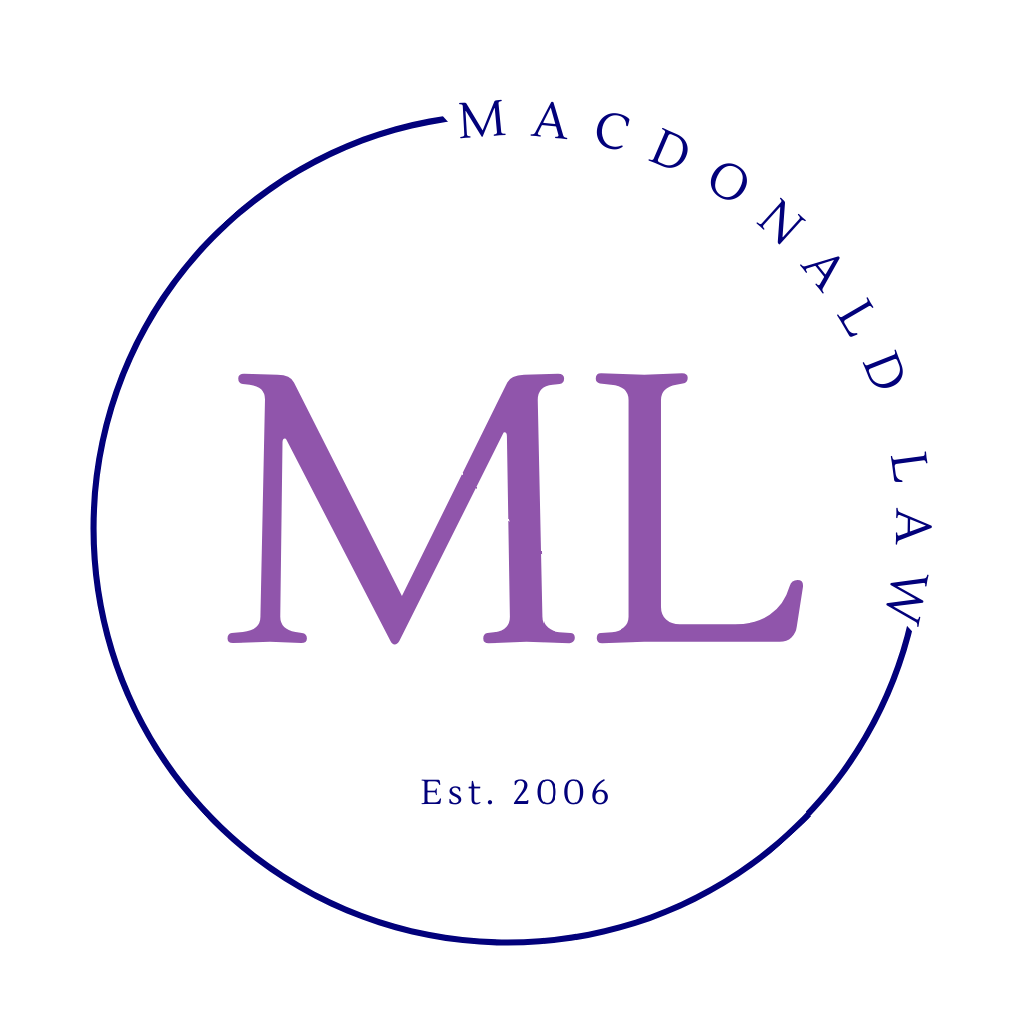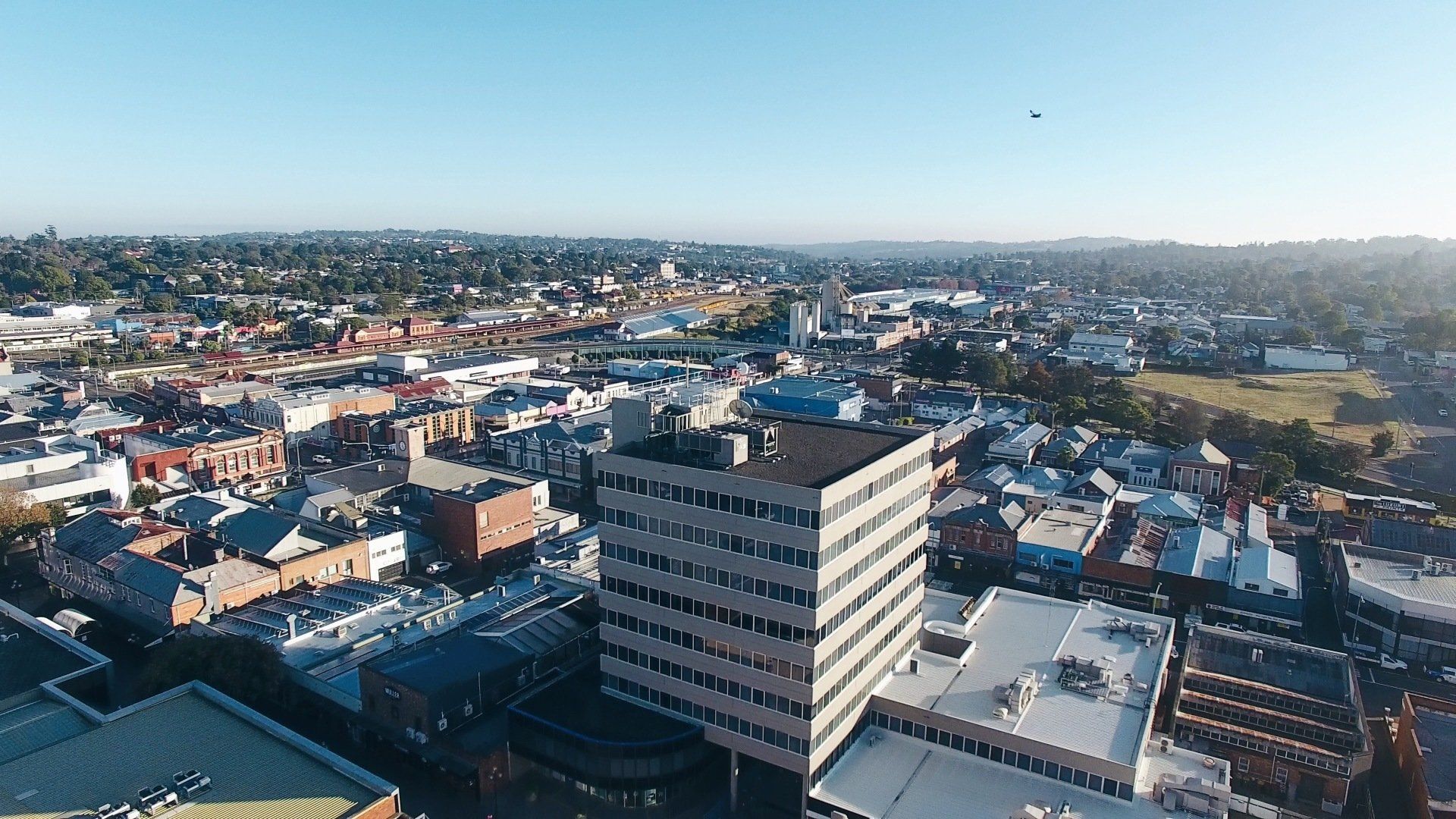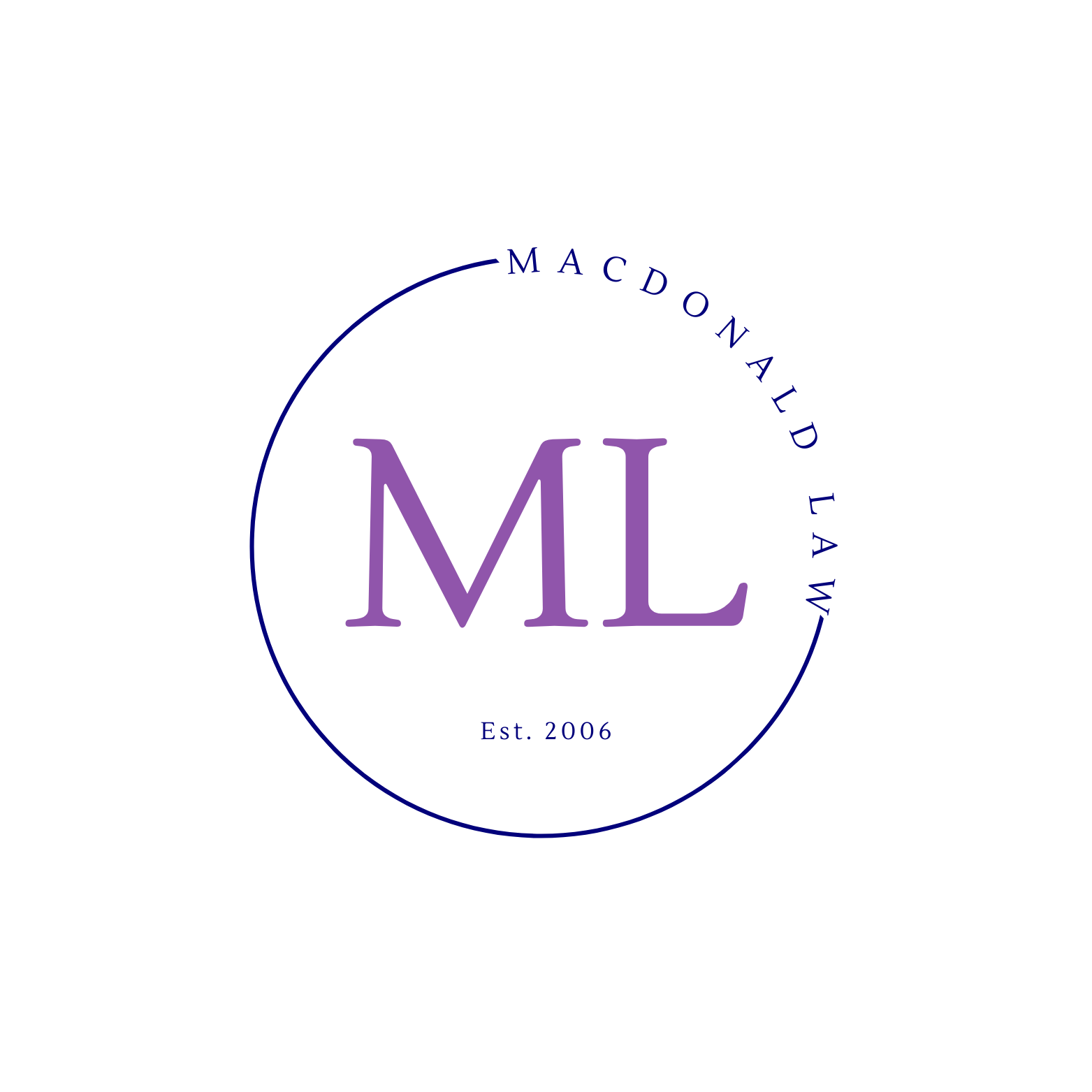Family Law Mediation
If you have recently separated, and cannot reach an agreement about family arrangements, alternative dispute resolution processes such as family mediation can be an appropriate next step for you and your family. Oftentimes, it can be a necessary step as there are very limited situations when you can apply to the Court for an order, without having first attempted mediation. Our mediator is the neutral third party that you need to assist you reach agreement about your family matters. We conduct mediations where parties have their family lawyer present, and when parties do not wish to include the further intervention of lawyers.
Our registered family dispute resolution practitioners want to assist you and your family to resolve your dispute and move forward with your lives, respectfully.
What is mediation in family law matters?
Family law mediation is a process that allows co parents or former spouses to resolve family disputes with the assistance of a trained and impartial mediator. The goal of family law mediation is to arrive at mutually beneficial agreements through open communication and respectful negotiations. This type of alternative dispute resolution can be used for a variety of issues, including child support arrangements, property settlement matters and parenting arrangements. By taking the time to listen to both parties' perspectives, family law mediators help identify common ground and resolve conflicts in an amicable manner, without the need for costly court proceedings.
How does mediation work in family law?
In Australia, family dispute resolution or mediation is a voluntary process that takes place outside of court and involves the intervention of an independent third-party mediator. During the mediation session, the mediator will help each party express their respective perspectives and objectives, as well as identify areas of common ground. The mediator will then work to facilitate a mutually beneficial solution that both parties can agree upon. If no agreement is reached during the session, the mediator may make recommendations for additional steps that can be taken in order to resolve the dispute.
Mediation can help reduce stress and cost for families compared to litigation, making it an increasingly popular form of dispute resolution in family law cases in Australia.
In parenting matters, the mediator can also issue a certificate under section 60i of the Family Law Act to tell the Federal Circuit and Family Court about whether mediation proceeded, and if not, why not.
MEDIATION AVAILABILITY
Click below to see the availability of our Mediator
Frequently Asked Questions about Divorce in Australia
What is the difference between a mediator and a family dispute resolution practitioner?
Family Dispute Resolution Practitioners are mediators who have the additional qualification which allows them to mediate parenting matters and issue a certificate pursuant to section 60i of the Family Law Act. Our mediators are trained and qualified in this area.
How do I prepare for mediation in family law?
Generally preparing for family law mediation in Australia involves a few key steps. Firstly, you should understand the process and what it entails - this can include researching the mediator's credentials and qualifications, reading up on how to participate effectively in mediation and collecting relevant documentation. You should also take time to consider what your goal is for the resolution of your dispute. When attending the mediation session itself, it is important to be open and honest with the mediator and listen closely to their recommendations. Additionally, as a participant, you should strive to find common ground between your desired outcome and that of the other party's while remaining aware of your legal rights under Australian family law. This may mean having your solicitor attends with you for the mediation process, or otherwise, obtaining legal advice prior to the scheduled family mediation.
Preparing for a property settlement mediation is slightly different to a parenting matter.
For a property settlement matter, it is important that you have completed disclosure of your financial assets and liabilities and that any items where the value is in dispute, they have been valued immediately prior to the mediation.
For a parenting matter, there is less formal steps required to prepare. The Rules still require you to disclose relevant documents and information to the other parent or party during the family dispute resolution process. You should also be well-informed and consider the needs of your children at all times. It is important to understand the legal requirements of a parenting plan or order and how it may affect your family’s future. Before entering into negotiations, it is highly recommended to obtain independent legal advice in order to ensure that any agreement made is legally valid, and meets the best interests of your children. Additionally, it is beneficial for each party to thoroughly examine their own position and come prepared with possible solutions.
How many mediations for family law can you have?
In Australia, there is no limit on the number of mediations that can be held in a family law matter. Depending on the complexity of the matter, as well as the amount of time and resources available to the parties involved, multiple mediation sessions may be required to reach an agreement. Generally, it is important for all parties involved to remain committed to finding a resolution and be open to compromise in order to achieve it.
What are the resources available to parties taking part in mediation in the family law system?
Parties taking part in a family law case have access to a variety of resources including legal advice, counselling services and financial advice. Additionally, there are a range of government and non-government organisations that can provide support for those involved in a family law case, such as Family Relationship Centres and Legal Aid offices. These organisations can offer assistance with understanding the legal process, preparing for mediation and other types of dispute resolution, such as parenting plans or binding financial agreements.
Is family law mediation compulsory?
The Family Law Act and Federal Circuit and Family Court (Family Law) Rules set out a number of steps for people to attempt prior to instituting proceedings in a court. If you and your former partner reach an agreement, then family law mediation is not a requirement. However, if you are struggling to reach an agreement, the mediation process is utilised to assist you to come to that agreement. Save for in very limited circumstances, mediation is required prior to the institution of proceedings in the court for family law matters.
What to expect in family law mediation?
Mediation services will usually arrange an initial intake interview with each party to the mediation prior to the scheduled date. This can be with or without your lawyer present and is confidential.
The family law mediation typically begins with the mediator introducing themselves and explaining the process. The parties will then each be asked to explain their situation and discuss their goals for the mediation. After that, the mediator will work with both parties to negotiate an arrangement that meets their needs in a way that is legal and respectful of both parties' rights. The mediator can also provide guidance or suggest possible solutions; however, they are not able to provide you with legal advice. Once an agreement has been reached, it is usually recorded by the mediator in writing and signed by all involved.
Do I have to be in the same room as my ex for mediation?
It is possible to attend mediation in person or remotely, depending on the preference of both parties. If attending in person, it is often the case that there are separate rooms with the mediator acting as an intermediary between each party. This is called a shuttle mediation. This can help ensure that both parties stay focused on finding a mutually beneficial resolution while minimizing any discomfort caused by being in close proximity with one another.
What is the benefit of mediation over court proceedings?
Mediation provides a number of advantages for resolving family law disputes in Australia. It is less time-consuming and expensive than court proceedings and allows the parties to maintain control over the outcome. Additionally, mediation can be tailored to meet the particular needs and interests of each party, while remaining within the bounds of the law. It also encourages a peaceful resolution, allowing you each to maintain positive relationships going forward. This can be particularly important for people whom also need to continue to parent their children in the future.
Can I attend mediation if there is a domestic violence order in place?
In short, yes. The mediator will consider whether the family law mediation process is appropriate for you and your family after everyone has participated in their respective intake sessions. With safe measures in place, including conducting the process in different rooms or online, the process can often proceed. It is the sole discretion of the mediator as to whether they deem it inappropriate to proceed due to domestic violence or safety concerns. The mediator will also need a copy of the Domestic Violence Order. If the DVO includes a condition of 'no contact', then the family law mediator will not be able to conduct the process until their is an exception to the Order which allows it to proceed.
Need help in another family law area?
Child Support Matters
Learn more about child support so that you are equipped for the future
During a Relationship
Also known as a pre nuptial agreement






